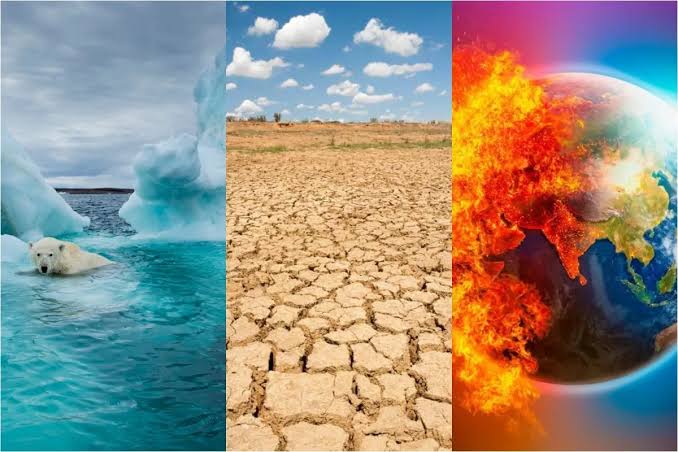Global warming, an alarming consequence of human-induced climate change, continues to pose a significant threat to our planet and all life forms that call it home. The rise in Earth’s average temperature is primarily caused by the accumulation of greenhouse gases in the atmosphere, resulting from human activities such as burning fossil fuels, deforestation, and industrial processes. In this article, we will explore the causes, impacts, and potential solutions to combat global warming.
Causes of Global Warming
Human activities are the main drivers of global warming. The burning of fossil fuels, including coal, oil, and natural gas, releases carbon dioxide (CO2), methane (CH4), and nitrous oxide (N2O) into the atmosphere. These greenhouse gases trap heat from the sun, leading to a warming effect known as the greenhouse effect.
Deforestation is another significant contributor to global warming. Trees play a vital role in absorbing CO2, acting as a natural carbon sink. When forests are cleared for agriculture, urbanization, or logging, the stored carbon is released back into the atmosphere.
Impacts of Global Warming
The consequences of global warming are far-reaching and have profound implications for ecosystems, weather patterns, and human livelihoods. Rising temperatures are causing the polar ice caps and glaciers to melt at an accelerated rate, leading to a rise in sea levels. Low-lying coastal regions and small island nations are particularly vulnerable to increased flooding and the loss of habitable land.
Extreme weather events, such as hurricanes, heatwaves, and droughts, have become more frequent and severe due to global warming. These events have devastating impacts on communities, causing loss of life, infrastructure damage, and food and water shortages.
Furthermore, global warming disrupts ecosystems, leading to the extinction and migration of various species. Coral reefs, for instance, are highly sensitive to temperature changes, resulting in widespread bleaching events and the loss of marine biodiversity.
Solutions to Combat Global Warming
Addressing global warming requires a comprehensive and collaborative effort from individuals, governments, and industries. Here are some key solutions:
- Transition to Renewable Energy: Shifting away from fossil fuels and investing in renewable energy sources such as solar, wind, and hydroelectric power is crucial. Governments should provide incentives and subsidies to accelerate the adoption of clean energy technologies.
- Energy Efficiency and Conservation: Promoting energy-efficient practices and technologies, such as efficient appliances, insulation, and smart grid systems, can significantly reduce greenhouse gas emissions.
- Reforestation and Afforestation: Protecting existing forests and restoring degraded lands through reforestation and afforestation efforts helps absorb CO2 and enhances biodiversity.
- Sustainable Agriculture: Implementing sustainable farming practices, such as organic farming, agroforestry, and precision agriculture, reduces emissions from the agricultural sector and promotes soil health.
- International Cooperation: Encouraging global cooperation and agreements, such as the Paris Agreement, is crucial for setting emission reduction targets and supporting vulnerable countries in adapting to the impacts of global warming.
Global warming poses an existential threat to our planet, and immediate action is imperative. By addressing the root causes and implementing sustainable solutions, we can mitigate the impacts of global warming and build a more resilient future. Every individual has a role to play, whether through personal lifestyle choices or advocating for climate-conscious policies. Together, we can work towards a sustainable and climate-stable world for generations to come.
